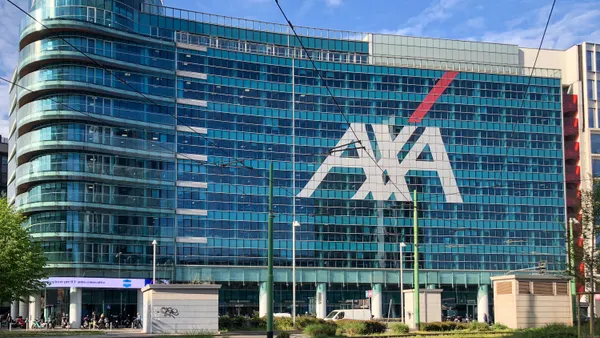Dive Brief:
-
By the end of the calendar year, cash and liquid investments held by non-financial companies is expected to hit $1.9 trillion, and 35% of non-financial cash holdings will be in the hands of Apple, Microsoft, Alphabet, Cisco and Oracle, according to MarketWatch.
-
The $679 billion in cash held by these companies marks a 16% increase from 2016's $585 billion. Offshore corporate cash of these five companies is expected to reach $594 billion by the end of the year, which would be an increase in value from 2016 but 88% of total cash for the second year running.
-
Apple, the largest U.S. company, is expected to hold $285 billion of non-financial cash holdings — or 15% of non-financial corporate cash holdings. This marks an increase from 13.5% of cash holdings in 2016 for the company, which surpassed expectations in Q4.
Dive Insight:
Much like the criticized trend of the American economy, wealth distribution across companies is ever more concentrated in the hands of a few big players. Technology companies' dominance of the non-financial and general market is perhaps best exemplified in the race for the first trillion dollar company valuation, in which Apple and Amazon are the front runners.
Almost a decade ago, the most valuable companies in the world were generally energy, banking or retail-based giants; today, the top five spots go to technology giants. The market cap of the No. 1 company in 2009 was $350 billion, lower than 2017's No. 10 JP Morgan Chase with $357 billion and far lower than No. 1 Apple with $881 billion, according to the Wall Street Journal.
The wealth cultivated by major tech companies comes with blessings and reservations. For years, their vast resources, wealth of talent and generous investment have pushed the boundaries of technological innovation. The cloud, mobile device, artificial intelligence and Big Data markets would look nothing like present day forms without the progress afforded by tech giants.
The tech economy is the third largest in the world, and domination of a few major players by no means underscores the breadth of technology companies, startups and other entities that have sprung up over the last few decades.
Yet the consolidation of so much power, wealth and talent in the hands of a few incurs some warnings and criticisms. For example, the power of these players to dominate the market and gobble up promising startups may hinder the rise of new major players. And the public often extrapolates the trends and behaviors of these giants for the general tech market, even though they are just the tip of the iceberg.
Major acquisitions by these companies, such as Amazon's purchase of Whole Foods, raise antitrust questions. The government ordered AT&T to sell Turner Broadcasting or DirecTV in order to get approval for a merger with Time Warner, according to CNN Money, and the time may soon come when the big five cash holders have to answer these questions too.













